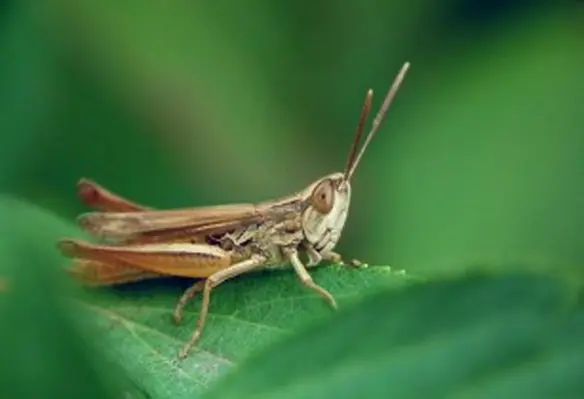While the world fights to slow the spread of COVID-19, countries in South Asia are simultaneously responding to plagues of locusts, cyclones and a deadly livestock disease, all of which threaten to worsen hunger and the livelihoods of millions of people, according to the UN Food and Agriculture Organisation (FAO)
Swarms of Desert Locust, which originated in Africa, have moved swiftly into west Asia attacking vegetation in parts of Iran and Pakistan, and are now threatening crops in India. These swarms are the worst experienced in more than a generation.
Fall armyworm, a maize-destroying pest that migrated to Asia from Africa in 2018, has also spread across the continent and has arrived in Australia.
Meanwhile, African swine fever (ASF) has re-emerged in the Asia-Pacific region, and for the first time been detected in India. ASF, which ravaged pig production in China in 2018 and 2019, has also been discovered for the first time in the Pacific subregion, with cases confirmed in Papua New Guinea.
Cyclones such as Amphan and Vongfong have added to the damage in some of the countries already overstretched by their responses to the COVID-19 pandemic.
While the lockdowns of countries across the region in response to COVID-19 have taken their toll on the economies, lives and livelihoods of millions of people, the convergence of these plant pests, severe storms and animal diseases will only add to the suffering.
“We cannot and must not under-estimate the damage to lives and livelihoods that the convergence of these crises will have on food security and hunger in this part of the world, already home to most of its undernourished people,” said Jong-Jin Kim, FAO deputy regional representative and head of the FAO regional office for Asia and the Pacific.
FAO experts estimate the number of locusts could grow 20-fold in the upcoming rainy season in South Asia unless extra measures to counter the swarms are put in place. FAO is tracking the movements across Africa, Asia and the Middle East.
Farmers need significant support to manage Fall armyworm (FAW) sustainably in their cropping systems through Integrated Pest Management (IPM) activities. FAO has launched a Global Action for FAW Control as a response to the international threat that FAW is posing for food security and the livelihoods of millions of smallholder farmers.
“FAO continues to support our member countries in response to these and other threats in these very challenging times,” said Kim. “Together we’ll get through this, for our own sake, and for the sake of future generations.”




